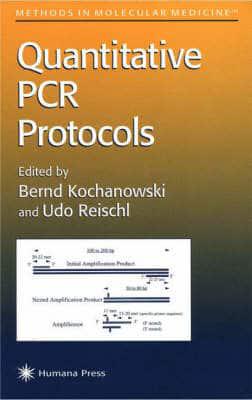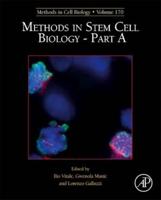Publisher's Synopsis
Since the polymerase chain reaction (PCR) was first developed in 1985, an enormous number of research reports have documented the versatility of this brilliant technique for in vitro amplification of nucleic acids. Although PCR has had a profound impact in many areas of research, contrary to exp- tation its routine application to the quantitation of nucleic acids has proven problematic in several aspects. The shortcomings are principally caused by the exponential nature of PCR, whereby small variations in amplification ef- ciency may dramatically affect the yield of amplification product. Even mi- mal temperature deviations that occur between adjacent wells of a thermocycler or day-to-day variations in the efficiency of nucleic acid preparation can lead to significant differences in the extent of amplification between otherwise id- tical samples. However, knowing more about the intrinsic limitations of PCR is the first step towards surmounting the shortcomings associated with this prom- ing methodology. With the introduction of appropriate standards of known amount, which are co-amplified with the sample using the same primers, it is increasingly feasible to address biological or diagnostic questions that are d- ficult or impossible to answer using any other experimental approach.












